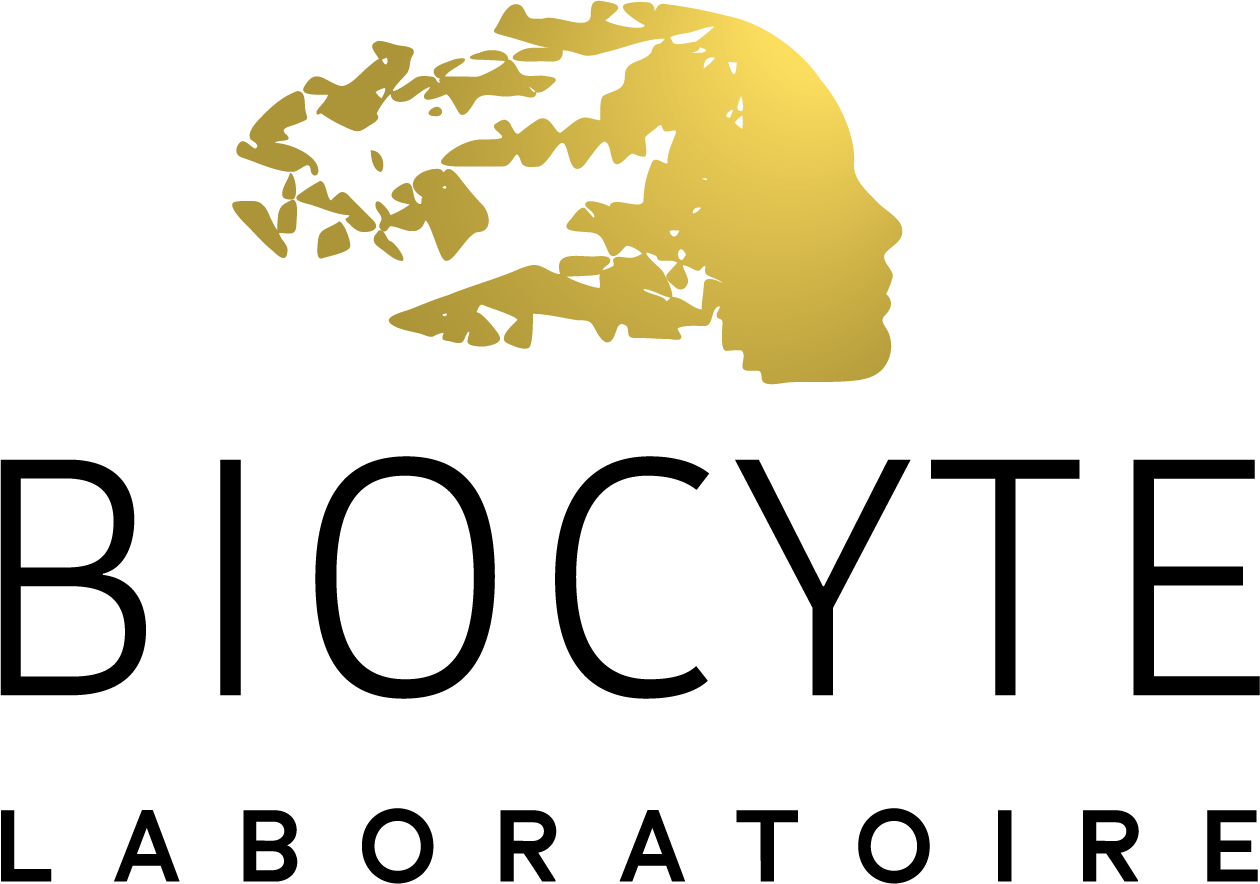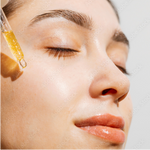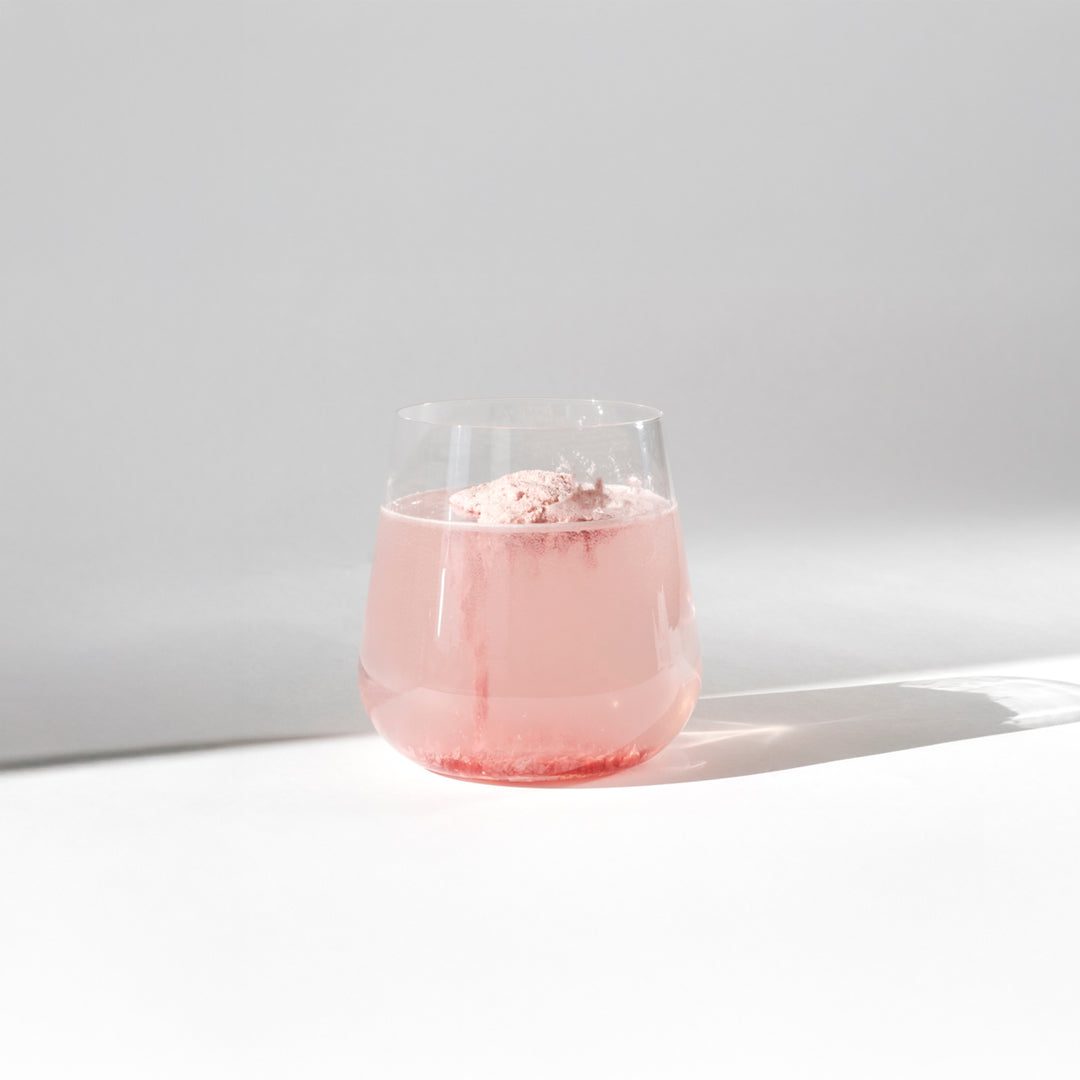
Natural collagen: how to optimize its intake for skin and a body in full vitality?
Natural collagen is at the heart of many nutricosmetic protocols. And for good reason: this structural protein is one of the pillars of our body. Present in abundance in the skin, joints, bones, and blood vessels, it is closely linked to tissue youth and physiological vitality. But while its production naturally declines with age, how can we effectively support collagen synthesis and combat the visible signs of aging ? This article offers a comprehensive, scientifically based overview of solutions for boosting collagen intake naturally and optimally.
What is natural collagen?
Collagen is a fibrous protein present in large quantities in the human body , representing almost 30% of total protein. There are different types of collagen , the most abundant of which are:
- Type I: Found in skin, tendons, bones and ligaments.
- Type II: specific to cartilage.
- Type III: Often associated with type I, located in soft connective tissues and blood vessel walls.
Composed primarily of collagen peptides rich in amino acids (glycine, proline, hydroxyproline), collagen acts as a matrix providing structure, elasticity, and tissue strength. With age, oxidative stress, chronic inflammation, and environmental stress, collagen production declines, leading to sagging skin, loss of density, and joint discomfort.
How to compensate for the drop in collagen production?
There are several strategies to support natural collagen production :
- Adopt a functional diet , rich in cofactor micronutrients (vitamin C, zinc, copper).
- Limit oxidative stress through an anti-inflammatory diet.
- Supplement with hydrolyzed collagen , with clinically proven effectiveness.
Studies have shown that a course of collagen (particularly low molecular weight hydrolyzed marine collagen ) can significantly improve skin suppleness, hydration and density after just a few weeks.
Where to find collagen naturally?
Traditionally, the collagen naturally present in food came from the consumption of animal skin, cartilage, or bones (e.g., bone broth ). However, our eating habits have changed. Today, we consume little, if any, of these collagen-rich parts. As a result, natural intake has become insufficient.
Furthermore, native collagen ingested through food has limited bioavailability : its complex protein structure is poorly absorbed intact by the intestine. It must be broken down into peptides, which drastically reduces its availability for target tissues. Therefore, simply consuming foods containing collagen is not enough to compensate for losses associated with age or oxidative stress.
The main foods that promote collagen synthesis
To promote endogenous collagen production , certain nutrients play a key role:
- Vitamin C : essential for collagen synthesis, it is found in citrus fruits, kiwis, peppers, broccoli.
- Zinc and copper : present in dairy products , seafood, nuts.
- Proline and glycine : amino acids essential for the structure of collagen.
- Essential fatty acids (especially omega-3 ): have protective effects against oxidative stress.
- Antioxidants: polyphenols from red fruits, green tea, curcumin, etc.
A diet rich in fruits and vegetables , low in processed products , combined with good hydration (at least a large glass of water with each meal), creates a metabolic environment favorable to the maintenance of collagen.
The benefits of finding collagen in food supplements
Collagen supplementation now offers an effective alternative, particularly through the use of hydrolyzed marine collagen . This is obtained by enzymatic hydrolysis, which breaks down large molecules into low-molecular-weight collagen peptides that are easily absorbed and bioavailable.
At Biocyte, the leading French laboratory specializing in nutricosmetics, our products incorporate clinically evaluated collagen hydrolysates , at optimal dosages, adapted to the expected effectiveness. Biocyte was a pioneer in the use of oral marine collagen and remains the historical leader in collagen in France. Our innovative formulas often combine hyaluronic acid , zinc , vitamin C and peptides for a functional synergy maximizing results.
The benefits of collagen supplements are numerous:
- Supports skin hydration and firmness.
- Improved flexibility and joint strength.
- Slowing down the visible signs of aging.
How often should I take collagen drink?
Clinical studies recommend a minimum 3-month collagen treatment , which can be repeated. Although effects can be seen in the first few months (particularly on skin radiance and suppleness), continuity is essential to maintain the results.
Integrating collagen into a holistic nutricosmetic program is ideal: combined with a healthy lifestyle, a suitable diet, stress management and restful sleep.
A Biocyte protocol, based on scientific evidence and formulated with highly bioavailable active ingredients, offers a comprehensive approach to sustainably restore skin integrity and support deep structures.
Natural collagen , while essential for healthy skin and connective tissues, is becoming increasingly difficult to obtain through modern diets. Furthermore, oxidative stress and environmental inflammation threaten its preservation. To address this, it is essential to adopt a nutricosmetic strategy combining a targeted diet, optimal lifestyle, and effective hydrolyzed collagen supplementation .
As a laboratory recommended by specialized health professionals, Biocyte offers formulas developed with scientific rigor, recognized for their effectiveness, like our products awarded at the Victoires de la Beauté . An expert way to give your skin and your body the resources they need to radiate lastingly.




